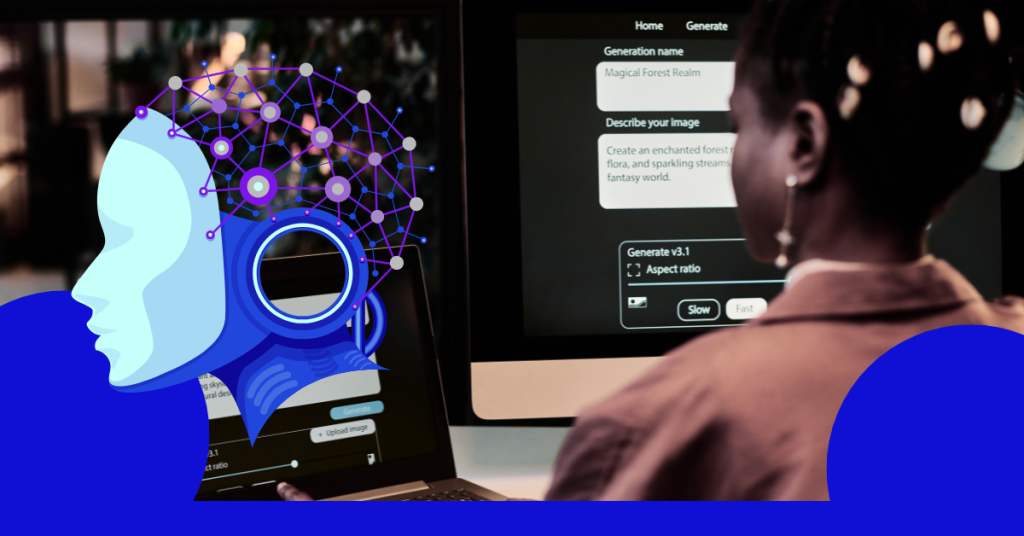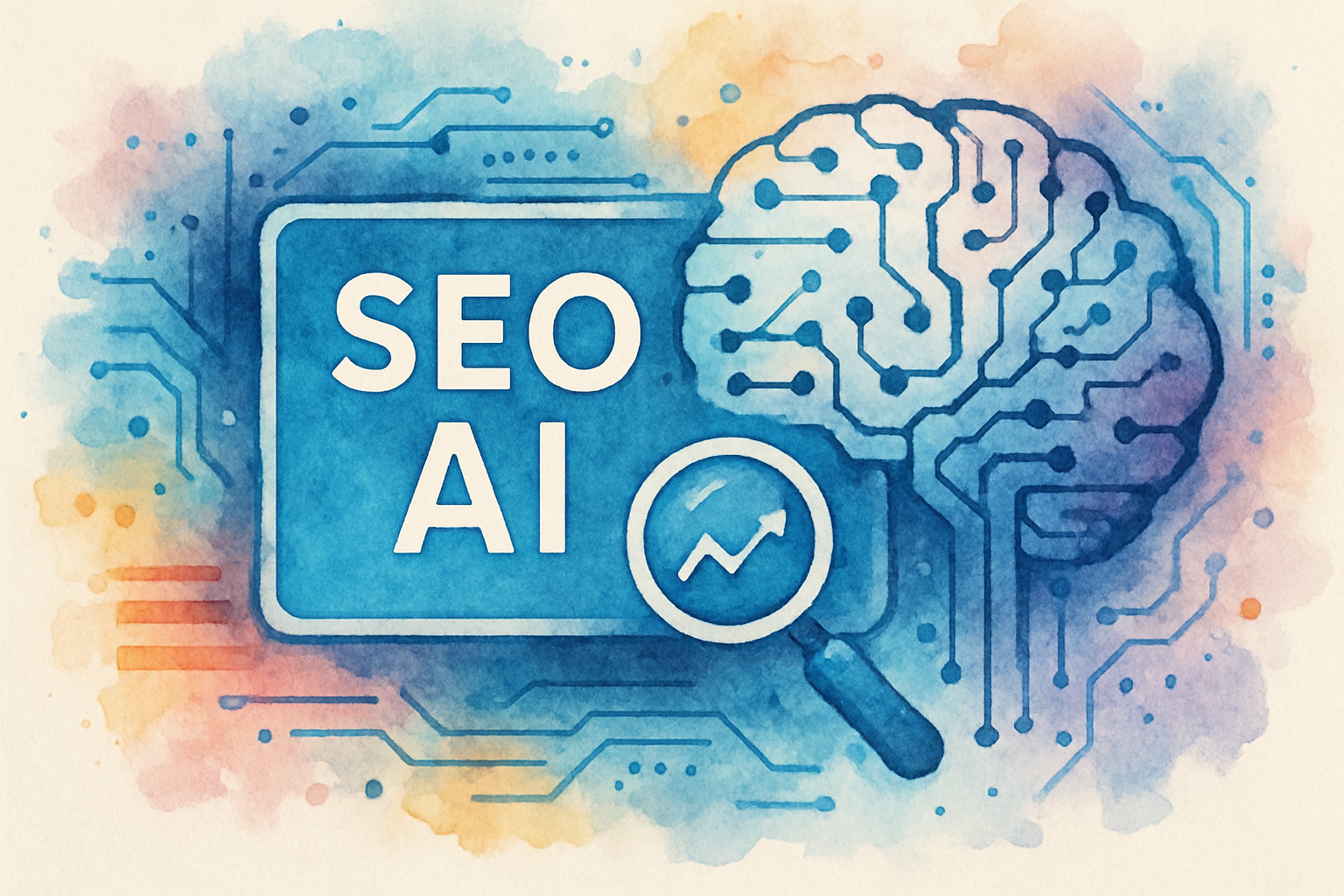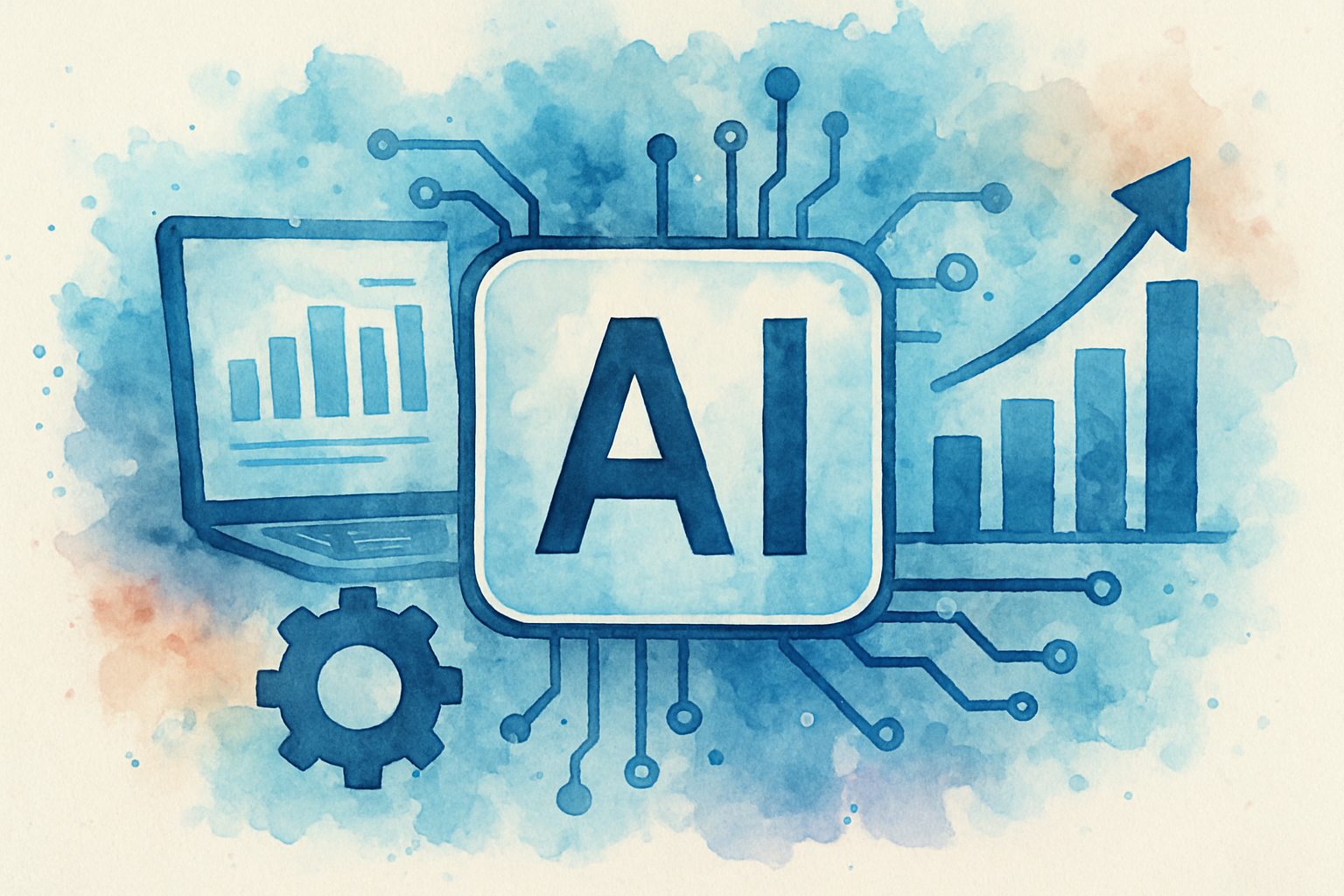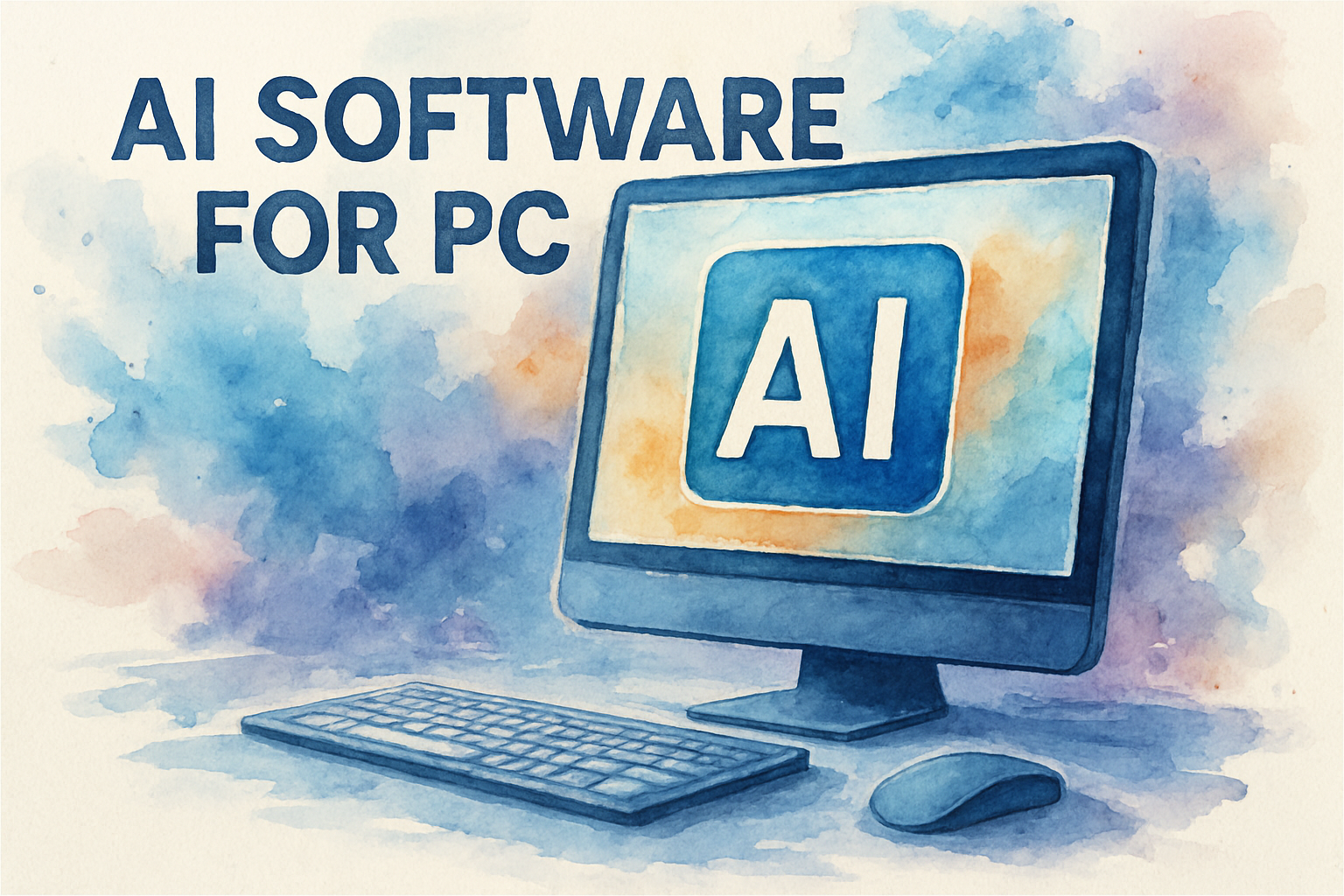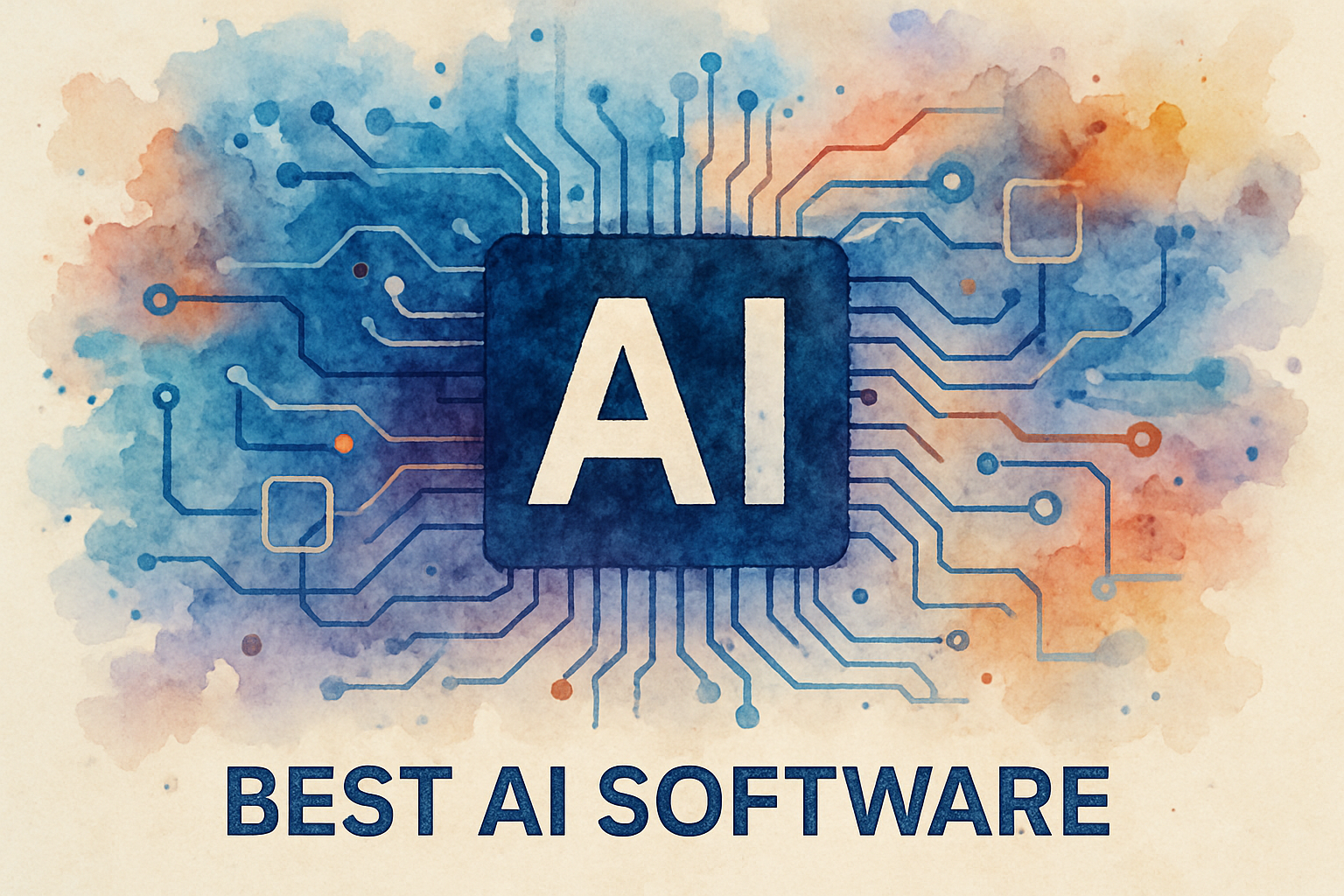10 Game-Changing AI Agent Use Cases to Skyrocket Your Business in 2025
AI is everywhere nowadays, and businesses are finding more and more ways to put it to work. AI agent use cases are basically all the different jobs these smart helpers can do – from chatting with customers to organizing schedules to crunching numbers. If you want your business to keep up and grow, it’s really important to understand how these AI tools can actually help you get things done
This comprehensive guide will explore 10 groundbreaking AI agent applications that can propel your company to new heights in 2025. From enhancing customer service to optimizing supply chains, we’ll learn more into the transformative power of AI agents and show you how to harness their potential for exponential growth.
Are you ready to unlock the future of business innovation? Let’s go.
1. Understanding AI Agents: The Future of Business Intelligence
Before we explore specific AI agent use cases, it’s essential to understand what AI agents are and why they’re becoming indispensable in modern business operations.
What Are AI Agents?
AI agents are intelligent software programs designed to perform tasks autonomously, learn from their experiences, and make decisions based on data analysis. These sophisticated tools can process vast amounts of information, identify patterns, and execute complex operations with minimal human intervention.
The Rise of AI Agents in Business
According to a recent study by Gartner, the adoption of AI in business has grown by 270% over the past four years. This surge in AI implementation is driven by the technology’s ability to enhance efficiency, reduce costs, and provide valuable insights for strategic decision-making.
2. 10 Game-Changing AI Agent Use Cases for Business Success
Now that we’ve established the importance of AI agents, let’s explore ten innovative use cases that can transform your business operations and drive growth in 2025.
2.1. Intelligent Customer Service Chatbots
One of the most popular AI agent use cases is in customer service. AI-powered chatbots can:
- Handle multiple customer inquiries simultaneously
- Provide 24/7 support without human fatigue
- Learn from interactions to improve responses over time
- Reduce response times and increase customer satisfaction
By implementing intelligent chatbots, businesses can significantly cut costs while improving the overall customer experience.
2.2. Predictive Maintenance in Manufacturing
AI agents can revolutionize manufacturing processes by:
- Analyzing sensor data to predict equipment failures
- Scheduling maintenance before breakdowns occur
- Optimizing production schedules to minimize downtime
- Reducing maintenance costs and extending machinery lifespan
This proactive approach to maintenance can lead to substantial cost savings and increased productivity.
2.3. Personalized Marketing and Recommendations
AI agents excel at analyzing customer data to deliver personalized experiences:
- Tailoring product recommendations based on browsing history
- Customizing email campaigns for individual preferences
- Optimizing ad placements for maximum engagement
- Predicting customer behavior to improve retention strategies
By leveraging AI for personalization, businesses can significantly boost conversion rates and customer loyalty.
2.4. Fraud Detection and Prevention in Finance
In the financial sector, AI agents play a crucial role in security:
- Analyzing transaction patterns to identify suspicious activity
- Flagging potential fraud in real-time
- Adapting to new fraud tactics through machine learning
- Reducing false positives and improving accuracy
These AI-driven security measures can save financial institutions millions in potential losses.
2.5. Supply Chain Optimization
AI agents can streamline supply chain operations by:
- Forecasting demand with greater accuracy
- Optimizing inventory levels to reduce waste
- Identifying the most efficient shipping routes
- Predicting and mitigating potential supply chain disruptions
This enhanced efficiency can lead to significant cost savings and improved customer satisfaction.
2.6. Autonomous Quality Control in Manufacturing
AI-powered quality control systems can:
- Detect defects with higher accuracy than human inspectors
- Process large volumes of products in less time
- Continuously learn and adapt to new defect patterns
- Provide real-time feedback for process improvements
By implementing these systems, manufacturers can reduce waste, improve product quality, and increase customer trust.
2.7. Intelligent Process Automation (IPA)
Intelligent Process Automation (IPA) combines AI and robotic process automation to handle complete business processes from start to finish. Unlike basic automation that just follows set rules, IPA can learn, adapt, and improve as it works
IPA can helps to:
-
- Automate complex, rule-based tasks
- Reduce human error in repetitive processes
- Free up employees for higher-value work
- Continuously optimize workflows for maximum efficiency
Sources
This technology can dramatically increase productivity across various business functions.
2.8. AI-Powered Recruitment and Talent Management
In human resources, AI agents can:
- Screen resumes and identify top candidates
- Conduct initial interviews through chatbots
- Predict employee turnover and suggest retention strategies
- Personalize employee training and development programs
These AI-driven HR solutions can lead to better hires, improved employee satisfaction, and reduced turnover rates.
2.9. Dynamic Pricing Strategies
AI agents can optimize pricing in real-time by:
- Analyzing market conditions and competitor pricing
- Adjusting prices based on demand fluctuations
- Implementing personalized pricing for individual customers
- Maximizing revenue while maintaining competitiveness
This dynamic approach to pricing can significantly boost profitability and market share.
2.10. Predictive Healthcare Diagnostics
In the healthcare industry, AI agents are revolutionizing diagnostics by:
- Analyzing medical images to detect abnormalities
- Predicting patient outcomes based on historical data
- Recommending personalized treatment plans
- Identifying potential drug interactions and side effects
These AI-powered diagnostic tools can improve patient outcomes, reduce healthcare costs, and save lives.
3. Implementing AI Agents: Best Practices and Considerations
While the benefits of AI agents are clear, successful implementation requires careful planning and execution. Here are some best practices to consider:
3.1. Start with a Clear Strategy
Before diving into AI implementation, define your objectives and identify the specific areas where AI can add the most value to your business.
3.2. Ensure Data Quality and Availability
AI agents rely on high-quality, diverse data to function effectively. Invest in data collection, cleaning, and management processes to ensure optimal results.
3.3. Prioritize Security and Privacy
As AI agents handle sensitive data, implement robust security measures and ensure compliance with relevant data protection regulations.
3.4. Foster a Culture of Continuous Learning
Encourage your team to embrace AI technology and provide ongoing training to maximize the benefits of AI implementation.
3.5. Monitor and Refine
Regularly assess the performance of your AI agents and make necessary adjustments to ensure they continue to meet your business objectives.
4. Overcoming Challenges in AI Agent Implementation
While AI agents offer tremendous potential, there are several challenges to consider:
4.1. Integration with Existing Systems
Ensure that AI agents can seamlessly integrate with your current technology infrastructure to avoid disruptions in operations.
4.2. Ethical Considerations
Address potential ethical concerns, such as bias in AI decision-making, and implement safeguards to ensure fair and responsible use of AI technology.
4.3. Employee Adoption and Change Management
Develop a comprehensive change management strategy to help employees adapt to new AI-driven processes and alleviate concerns about job displacement.
4.4. Scalability and Maintenance
Plan for the long-term scalability and maintenance of your AI systems to ensure they continue to deliver value as your business grows.
Conclusion: Embrace the AI Revolution
As we’ve explored in this comprehensive guide, AI agent use cases have the potential to transform virtually every aspect of your business operations. From enhancing customer experiences to optimizing internal processes, the benefits of AI implementation are too significant to ignore.
By embracing these game-changing AI agent applications, you can position your business for unprecedented growth and success in 2025 and beyond. The future of business is here – are you ready to lead the charge?
Don’t let your competitors gain the upper hand. Take the first step towards AI-driven success today by scheduling a free consultation with The Crunch. Our team of experts will help you identify the most impactful AI agent use cases for your unique business needs and develop a tailored implementation strategy. Contact us now to unlock the full potential of AI for your organization!
Frequently Asked Questions
Q1: What are the main benefits of implementing AI agents in business?
A1: The main benefits include increased efficiency, cost reduction, improved decision-making, enhanced customer experiences, and the ability to gain valuable insights from large datasets.
Q2: How can small businesses leverage AI agents?
A2: Small businesses can start with readily available AI solutions like chatbots for customer service, AI-powered marketing tools for personalization, or process automation software to streamline operations.
Q3: Are there any industries where AI agents are particularly beneficial?
A3: While AI agents can benefit virtually any industry, they’ve shown significant impact in finance, healthcare, manufacturing, retail, and customer service sectors.
Q4: How long does it typically take to see results from AI agent implementation?
A4: The timeline varies depending on the specific use case and implementation complexity. Some benefits, like improved efficiency in automated tasks, can be seen almost immediately, while others, such as enhanced decision-making from predictive analytics, may take several months to fully realize.
Q5: What skills are needed to implement and manage AI agents effectively?
A5: Key skills include data science, machine learning, programming, and domain-specific knowledge. However, many AI solutions now come with user-friendly interfaces that allow non-technical staff to manage them effectively after initial setup.

